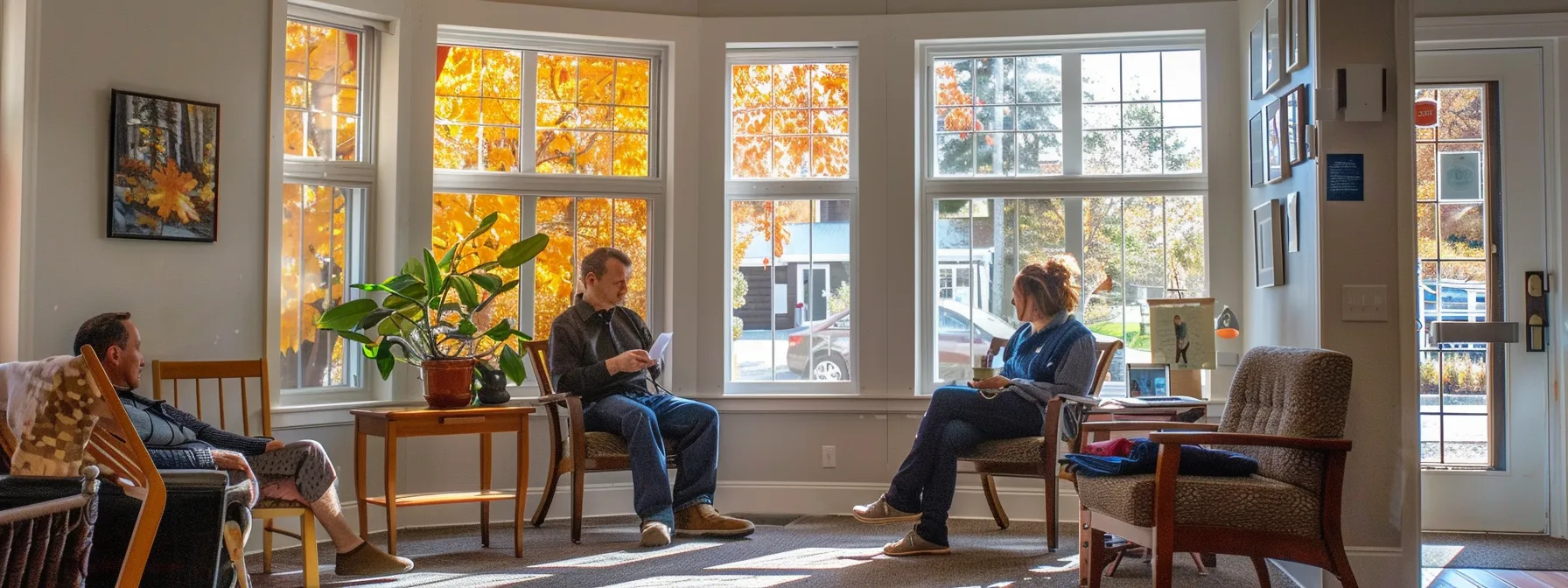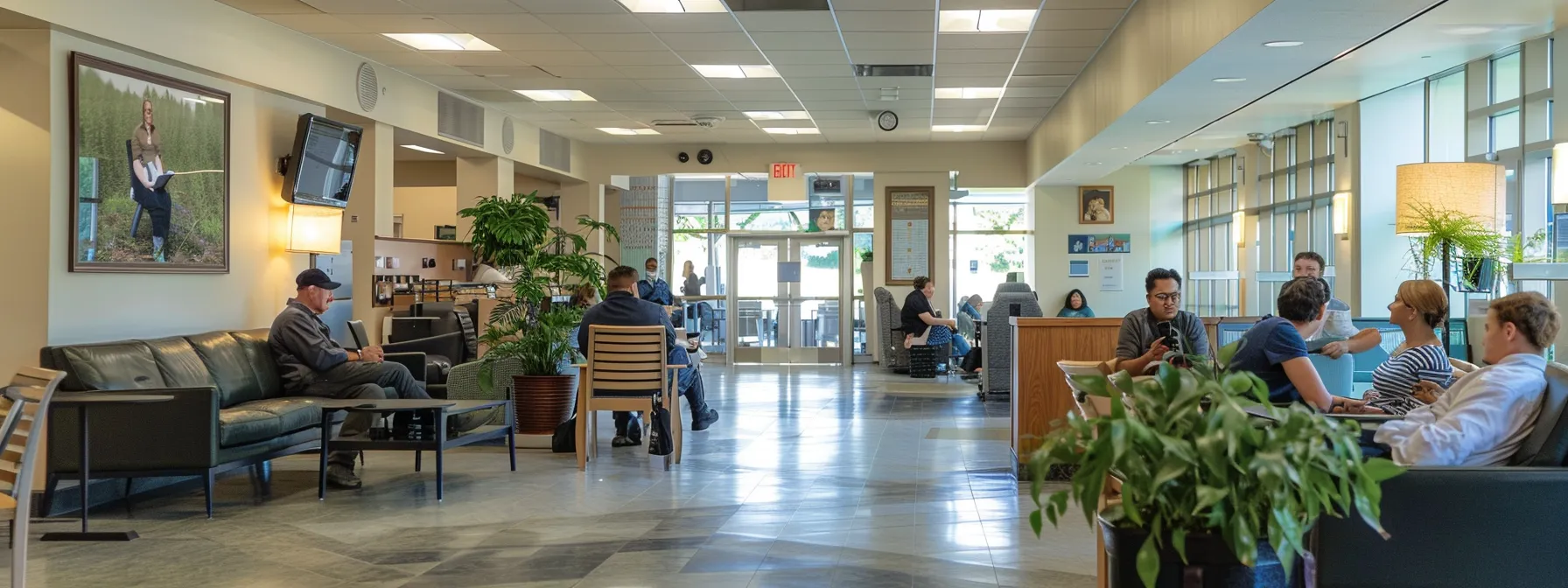The Advantages of Residential Treatment Centers for Substance Abuse
Substance abuse is a chronic disease that affects millions around the globe, often requiring intensive and focused treatment for recovery. Residential treatment centers provide a sanctuary for individuals battling addiction, offering both support and structure away from the triggers and stresses of daily life. These centers are designed to help residents overcome their dependency issues and rebuild their lives through comprehensive care. Understanding the role and benefits of residential treatment is essential for those considering support options for themselves or their loved ones. Keep reading to delve into how residential treatment centers can be a game-changer in the fight against substance addiction.
Understanding Residential Treatment Centers for Substance Abuse

Residential treatment centers offer a supportive, full-time environment for individuals battling substance abuse. Unlike outpatient services, these programs provide an immersive recovery experience, helping residents focus entirely on healing without external distractions. Treatment typically includes medical detox, therapy, and life skills workshops, all designed to promote lasting behavioral change. Stays can range from a few weeks to several months, depending on each person’s needs and the severity of their addiction.
Residential treatment centers Maine residents turn to often benefit from tranquil, nature-filled surroundings that enhance the healing process. These centers are staffed with trained professionals who offer around-the-clock care, addressing not only the physical but also the emotional and social factors behind addiction.
The Comprehensive Approach to Care in Residential Facilities
Residential treatment centers offer a comprehensive approach to addiction treatment, tailored to each individual’s condition. A multidisciplinary team, including therapists, psychologists, and medical professionals, collaborates to create a comprehensive treatment plan that addresses all aspects of addiction, including detoxification, therapy, nutritional and fitness guidance. Psychological care, such as cognitive-behavioral therapy (CBT), group therapy, and family therapy, is crucial for rehabilitating harmful thought patterns and promoting healthy social interactions.
Residents also participate in skill-building sessions to prepare for life after treatment. Medical care, such as medication management, is also provided to alleviate withdrawal symptoms and reduce cravings. The holistic approach also includes education and support for family members, ensuring a sustainable recovery and a patient’s support network for post-treatment sobriety.
The Role of Structured Environments in Supporting Recovery
Residential treatment centers offer a structured environment with a predictable schedule of activities and therapy sessions, which can reduce anxiety and help develop healthy habits. This structure reduces exposure to external triggers that might lead to relapse, allowing residents to focus on personal growth and recovery without unnecessary temptations.
The structured routine enforces accountability and responsibility, with mandatory attendance at therapy sessions or group meetings. The disciplinary yet supportive nature of residential treatment helps instill a sense of order in a person’s life, which can be disrupted by addiction, and is crucial in reconstructing a balanced and healthy lifestyle.
Benefits of Peer Support and Community in Residential Treatment

Residential treatment centers provide residents with professional and peer support, fostering a sense of camaraderie and mutual support. These centers offer group therapy sessions and recreational activities, where residents can share experiences, offer advice, and encourage each other. This collective healing atmosphere can help shape a positive mindset towards recovery.
Residential treatment allows residents to build new, sober relationships, which serve as reminders of the journey and shared commitment to sobriety. Witnessing the success of peers can be motivating, reinforcing the belief that recovery is possible and that individuals can achieve a substance-free life.
Long-Term Success and Relapse Prevention Strategies in Residential Settings
Residential centers play a crucial role in substance abuse recovery by providing high-quality care, fostering coping strategies, and implementing lifestyle changes. Post-treatment planning is essential, with many centers helping create relapse prevention strategies tailored to individual circumstances. These strategies include identifying triggers, developing healthy stress responses, and planning for therapy or support group involvement.
Alumni programs and follow-up care keep former residents connected to resources for their recovery journey. Education and life skills learned during treatment can boost confidence and self-efficacy, helping residents resist relapse. Residential treatment centers may also partner with outpatient services to facilitate a smooth transition from full-time care to independent living, while maintaining access to essential support structures.
Overall, residential treatment centers offer a vital lifeline to individuals battling substance abuse, providing a robust framework for recovery woven through with structure, support, and community. With comprehensive care, disciplined routines, and a focus on long-term success, these facilities pave the way for individuals to reclaim their lives and move forward with confidence and optimism.















